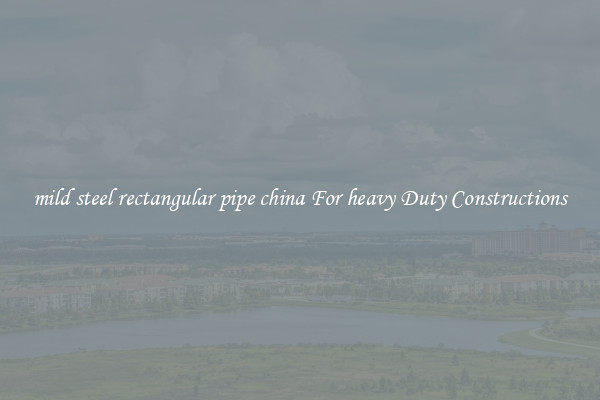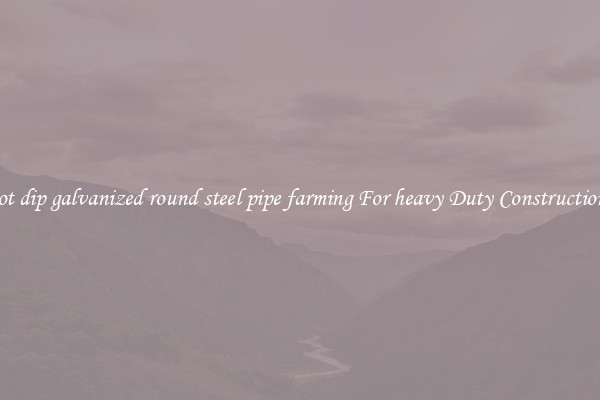fluid pipe api astm For heavy Duty Constructions
Fluid Pipe API ASTM for Heavy Duty Constructions

Fluid pipes are an essential component in heavy-duty construction projects as they are used to convey liquids or gases from one point to another. To ensure the highest level of performance and durability, it is crucial to choose the right fluid pipe that complies with industry standards. One such standard is the API (American Petroleum Institute) ASTM, which sets guidelines for the manufacturing and testing of fluid pipes used in heavy-duty constructions.
The API ASTM standard ensures the quality, strength, and integrity of fluid pipes by specifying the materials, dimensions, and mechanical properties they must meet. These standards are developed through a rigorous process involving experts from the industry, manufacturers, and other stakeholders to ensure that the pipes can withstand the demanding conditions of heavy-duty construction projects.
One of the key aspects of the API ASTM standard is the material specification. Different grades of steel are used for fluid pipes, and the API ASTM standard outlines the chemical composition, heat treatment, and mechanical properties of the material. This ensures that the pipes have the necessary corrosion resistance, tensile strength, and impact toughness to withstand the pressures and stresses they will be subjected to during construction.
Another important aspect of the API ASTM standard is the dimensional requirements. The standard specifies the outside diameter, wall thickness, and length of fluid pipes to ensure compatibility with fittings, valves, and other components. This ensures that the pipes can be easily installed and connected, minimizing the risk of leaks or failures that could compromise the construction project.
Furthermore, the API ASTM standard also includes testing requirements to verify the quality and performance of fluid pipes. These tests include measuring the mechanical properties, such as yield strength, tensile strength, and elongation, as well as conducting non-destructive tests, such as hydrostatic testing, to check for leaks or weaknesses. By subjecting the pipes to these tests, manufacturers can ensure that only high-quality products are supplied for heavy-duty construction projects.
Using fluid pipes that comply with the API ASTM standard provides several benefits for heavy-duty constructions. Firstly, it ensures the safety and reliability of the construction project by reducing the risk of pipe failures. Secondly, it facilitates efficient and smooth installation by specifying dimensional requirements that allow for easy connection with other components. Lastly, it ensures the longevity and durability of fluid pipes by setting material and testing standards that guarantee their performance in demanding construction environments.
In conclusion, the API ASTM standard for fluid pipes is vital for heavy-duty constructions. By adhering to this standard, manufacturers can produce high-quality pipes that meet the requirements of construction projects. Specifying the material composition, dimensional requirements, and testing procedures, the standard ensures the safety, reliability, and durability of fluid pipes, providing a solid foundation for heavy-duty construction projects.

View details

View details

View details

View details








